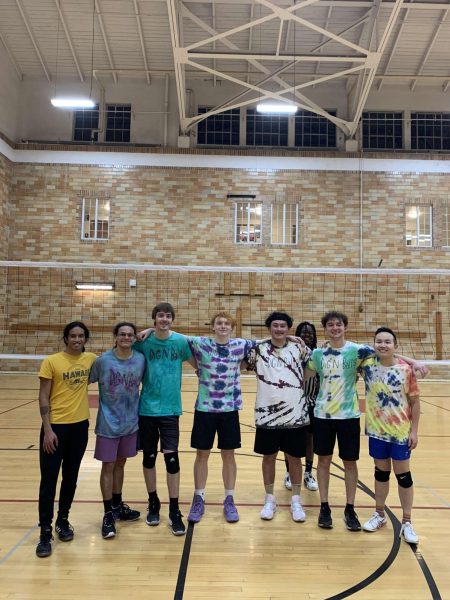Starting a club doesn’t have to be a headache
August 25, 2014
At the beginning of last year, I started competing in small “Super Smash Bros.” tournaments on campus. After a few tournaments, I joined the committee to help run the events. However, after I joined we decided we needed to broaden our horizons. We needed to become a Registered Student Organization (RSO).
The process can be a bit confusing and can take a long time if you are not proactive in every aspect of it, but it is all worth it. After a few weeks of hard work, Smash Bros. at WSU became an official RSO, and we have held events ever since.
While you could look up the steps on CougSync, WSU’s student involvement website, here’s what I know based on my experience.
Step 1: Conception
Obviously the first step is getting a group of like-minded individuals who want to be involved in the same club. You need to have at least four students, but I encourage you to have more for maximum fun.
Once you have an idea, make sure to double check the organizations page on CougSync. You don’t want to go to the Student Involvement office (located on the third floor of the CUB) with an idea, just to be shot down for not checking to see if something similar already exists.
If the club you want doesn’t exist and you have some people to back you up, fill out the Register New Organization form on CougSync. You’ll be asked to choose where you want to create the organization. For non-Greek clubs, you will want to choose Student Involvement.
Step 2: Registering the Officers
Once this is done, you need to have all four founding members become RSO Officers. Officers must be WSU students and registered on CougSync.
The next step is taking a short quiz, which can be found on the CougSync website. The quiz is simple and shouldn’t take any more than 10 minutes. Quiz-takers have a chance to read all the information needed in a document provided beforehand.
Step 3: The Constitution
This step may seem to be the hardest one, but it isn’t. At first, I had no idea groups were required to write a constitution.
I thought, “How do you write a constitution about playing video games with people? What if we don’t write it well enough, and WSU doesn’t let us become a club? How did the Founding Fathers do it?”
Needless to say, I overreacted. Templates are provided on CougSync and they are all very straight forward.
In our constitution, we highlighted the following things: name (of the club), purpose, membership, officers, voting, meetings, adviser and amendments. These are all basic things to include, but it is essential information for Student Involvement to create a club.
I absolutely encourage you and your fellow founders to write and review your constitution together, so everything is deemed fair and balanced to everyone.
Step 4: Finding an Adviser
For incoming freshmen, this may be the hardest step since you won’t really know your advisers very well. Once you’ve been in a class for a while, you’ll start to get an idea of which professor will best fit your club.
The professor you find will have to fill out a form online, which highlights the officer’s responsibilities.
Jacob Krahling, my fellow Smash Bros. at WSU president, and I met our adviser, Owen Williams, while we attended a mythology class he was teaching last fall. He fit the bill for an adviser of a competitive gaming club and was ecstatic to help us out.
Remember to keep your advisers in the loop. Email them often to let them know how meetings and events go. Also, try to get them to come to events if they can. Your organization is partially their club as well.
Step 5: Post-Registration
A few days after you’ve completed all of the necessary steps and everything is approved, you will get an email letting you know your group is officially an RSO.
However, just because you’ve finished the hard part does not mean your job is over. Get the club out there. Make a Facebook page or group, invite your friends and have them invite theirs. This is an effective way to spread the word about current events for your club. It is also an efficient way to communicate with members.
Continue to meet with your committee to determine how things should run. Communication is key.
If you’re going to hold an event, make sure to schedule it a few weeks ahead of time with Student Involvement and advertise the event.





















